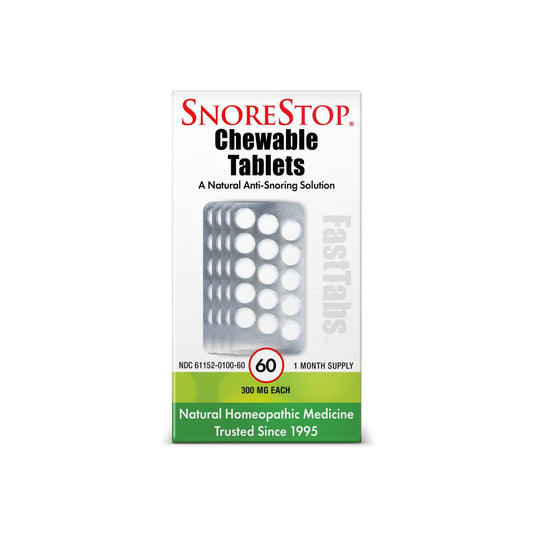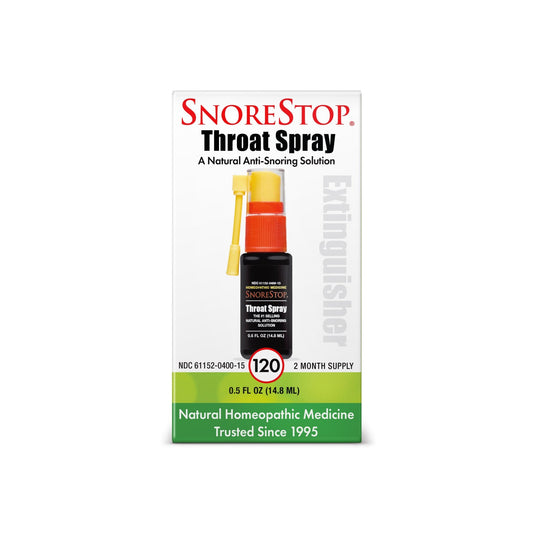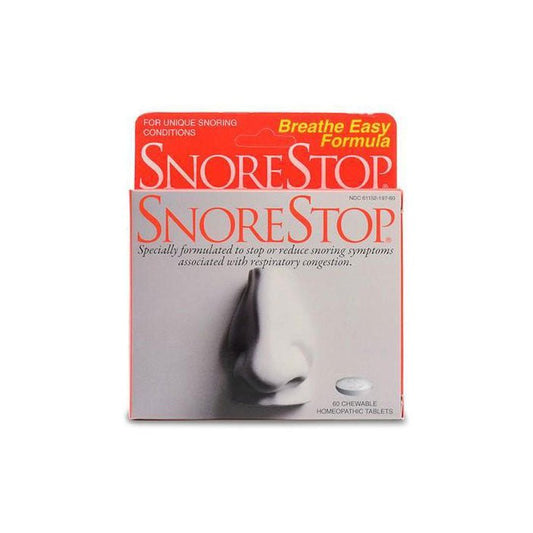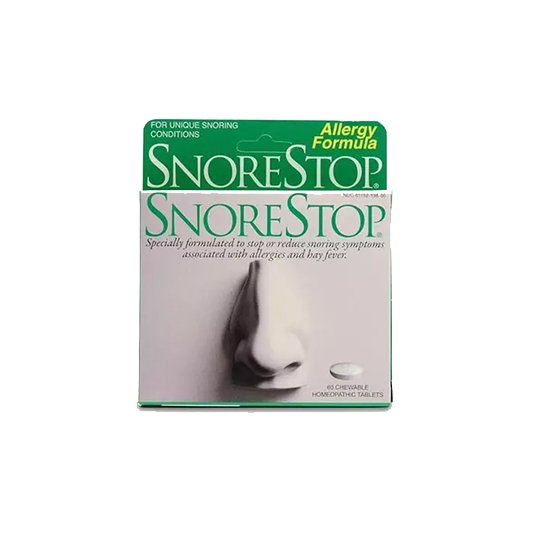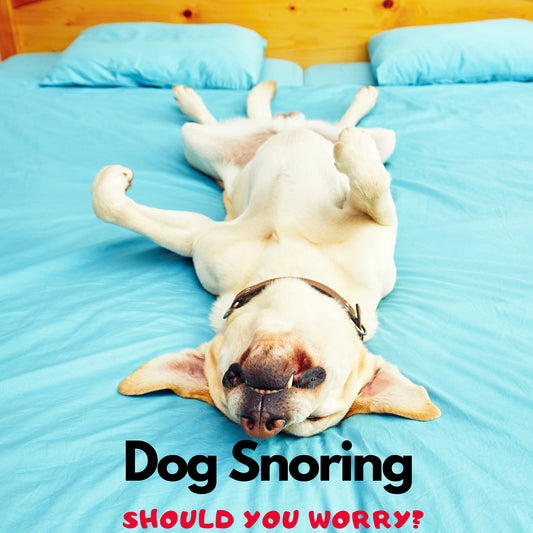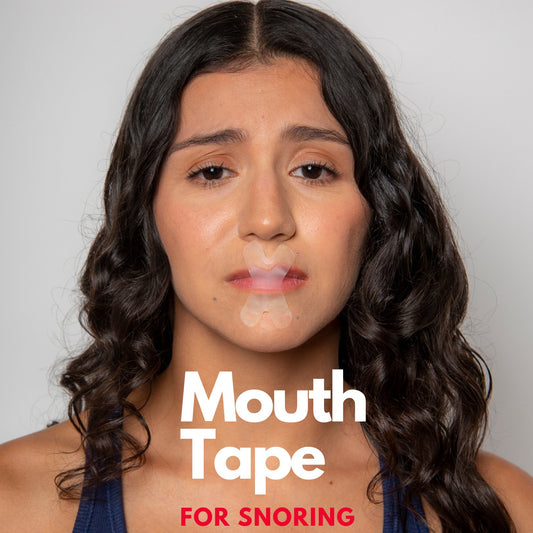Getting good sleep is a blessing. Our mind needs rest and inactivity for 7-8 hours for an active and alert mind the next day. Moreover, lack of sleep or insufficient sleep is not as annoying as a snoring habit.
Snoring is not an unknown occurrence. You may have heard your grandparents or tired dad snore in the middle of the night. Eventually, snoring becomes a subject of teasing and mockery in family and friends. It also hurts self-image and can irritate your spouse and kids. Repeated snoring also affects sexual performance.
Snoring is a persistent problem affecting many people. According to statistics, snoring affects 57% males, 40% females, and around 27% of kids in the United States. Most people treat snoring casually and not as a severe health problem to be discussed with a doctor. Let us learn about snoring syndrome and treatments to promote better sleep and health.
Snoring Disorder–An Overview

Snoring is a hoarse sound you make in your sleep. It happens when air passes through your throat’s relaxed tissues, causing vibration effects and snoring. It is not an in-born habit or addiction. Lifestyle problems like alcohol drinking, excessive weight, sedatives intake, nasal congestion, physical glitches in the body like a small jawline, or uneven nose structure can induce snoring.
Snoring is one of the typical symptoms of a breathing disorder called Obstructive Sleep Apnoea (OSA). It is not usual for all snorers, and patients may have personal reasons to snore. The following symptoms can happen in a typical snorer.
- Breathing gaps in sleep
- Drowsiness during daytime
- Morning headaches
- Sore throat feeling after waking up
- Troubled sleep
- Choking feeling and chest pain at night
Various OTC and prescription-based anti-snoring remedies like stop snoring sprays, strips, and nose clips can help reduce snoring. But it is best to take a doctor’s consultation if you constantly get breathing pauses while sleeping.
Explaining Nasal Breathing
Many snore-relief products work around your nose. This is correct, as breathing happens through the nose and not the mouth, as designed by nature. The air you breathe in via your nose gets humidified first. The aim is to remove dust from the air before it enters your lungs.
Now, if you cannot breathe with your nose, you will breathe through your mouth. As you do so, the airway behind your tongue gets constricted, allowing snoring.
If you find difficulty breathing through your nose, which is normal, you need to consult a general practitioner to detect the problem and suggest suitable remedies.
The Efficacy of Stop Snoring Sprays Vs. Other Options

Science has a remedy for every illness and disease. Snoring is one of them. Whether you are new to snoring or have been suffering from it for months, snore relief devices can help reduce your night noises.
There have been debates on whether a nasal spray is a fool-proof remedy for nasal snorts. Let’s clear the air.
Nasal sprays are a topical remedy to bring snoring relief caused by sinusitis, allergies, or a nasal drip experience in the past. A nasal spray externally administered in the nose doesn’t involve an injection or a pill. However, the proper administration of the nasal spray plays a pivotal role in halting your snorts.
A patient has ample choices–nose strips (adhesive), nose clips, and sprays. A nose strip can make you feel uncomfortable as the external nose skin becomes sensitive and itchy with regular use. Most nasal strips contain latex that can start an allergic reaction. Then there are nasal dilators which are little widgets that force open your nostrils when inserted inside the nose. When you change your sleeping position, the devices can fall out, adding to the misery.
Nasal sprays serve multiple purposes. They help in relieving mild congestion in the nose. They also loosen mucus trapped in the nose. Plus, they prevent inflammation in the nasal cavity that can block the sinus passages.
Which Nasal Spray Should You Buy?
This is a critical point. There are several options in the pharmacy store and expensive ones too. Steroid sprays, antihistamines, saline, and decongestant sprays are topical remedies to treat snoring. Individually, they help reduce swelling-causing histamines, fight allergy-related nose blockages, moisturize nasal passage and provide relief but on a short-term basis. But prolonged use of these remedies can cause mild irritations like runny nose, dryness in the nose, short-term burning sensation, mood changes, sleeplessness, dizziness, sneezing, etc.
A severe allergic reaction is unlikely to call for a snoring prevention device. But previous medication for heart ailment, thyroid disease, diabetes may clash with the anti-snoring treatment. So, conventional OTCs for snoring give you a limited effect and are not a fool-proof option to adopt for life.
However, there is a natural treatment available for this nasal problem. SnoreStop NasoSpray is an OTC homeopathic nasal spray and an effective remedy for non-apneic snoring. This cruelty-free product made in the USA produces no side effects or harm and is to be taken before bedtime. It concurs with the statutory rules of the US-based Homeopathic body, and all ingredients are FDA-approved. SnoreStop has been a snoring specialist since 1995. It is a medically proven firm to help you with your snoring problem so that you and your loved ones can enjoy a sound sleep.
To administer SnoreStop, shake the medicated solution before use, tilt your head back, pump it once into each nostril, and inhale deeply. Even an upright position works. Avoid blowing your nose or sneezing after using a nasal spray. The spray solution should stay inside your nasal cavity to show its effect.
The treatment course is for 3-5 days and effectively stops snoring and promotes sleep.
Final Thoughts
Insist on buying a natural nasal spray that is safe to use and will not produce a ‘rebound’ effect. Also, keep checking with your doctor for alternative therapies to stop snoring. Try yoga exercises and pranayama. Include vegan foods, restrict oil and salt in your diet, eat fruits and drink more water to reduce your snoring.


